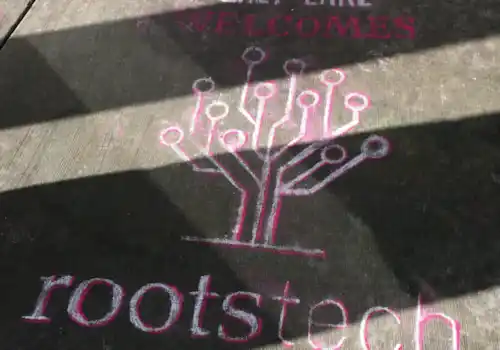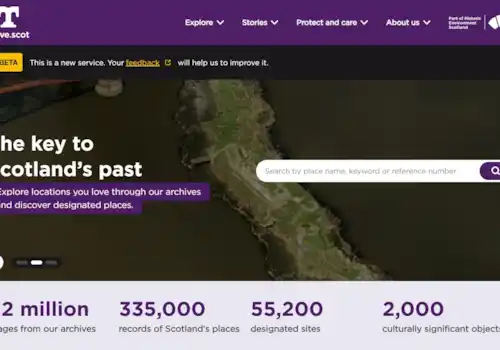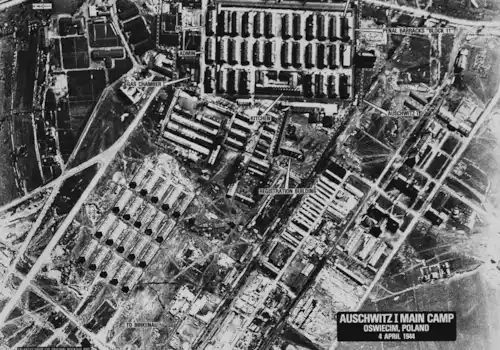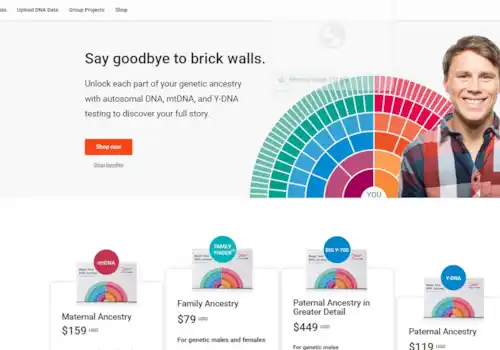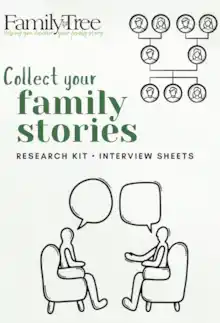06 June 2019
|
What advice would you give to your newbie self if you were starting your family tree? That’s what we asked members of the Family Tree social media community. Here’s a selection of the great advice, gained from decades of research… and the various mistakes that we all make.
What advice would you give to your newbie self if you were starting your family tree? That’s what we asked members of the Family Tree social media community. Here’s a selection of the great advice, gained from decades of research… and the various mistakes that we all make.
Without a shred of doubt, talk to family members whilst you still have the chance.
Stephen J Randall
Remember that searching can produce duplicate and triplicate names and records can be oh-so wrong. Take time to verify with a variety of sources.
Mary Jo Gibson
Sources: Cite. Your. Sources! Did Grandma talk about her grandparents? She's your source. Did you find a passenger list for an immigrant ancestor? Record all details from that source. Future generations will thank you for showing how, exactly, you "know" what you know about family history.
Marian Burk Wood
Many who served in all theatres of WW1 & WW2 did not talk about their experience. I learnt more about my Father's WW2 service from his war records which I obtained 20 yrs after his passing together with books relating to those various theatres of war in which he served.
Bill Brown
Check, double check then triple check!! Set out a plan of action and set a timer....many hours can be lost.
Katie Jane
Super searches: Make sure you write down what you have searched, where you have searched and how you searched. Make sure this goes into your research log with a date as well. Log failed searches equally as you would successful searches.
Paul Chiddicks
Probably not write everything down in my notebooks then not adding the info to my master private family tree!
Stephen Sherry
Invest in a good piece of software from the start. Never, ever just rely on an online tree.
Caroline
My tips to my newbie self? Don't wait too long to get Mum's DNA tested. Interesting bits of information on the web have a habit of disappearing - keep copies of ALL the info you find. Mum did NOT have a 'secret sister'! Other than that, you'll do just fine and you'll have a ball!
Atcherley.org.uk
DNA: Don’t keep putting off doing your DNA once you have got started on your tree do it! Wish I’d done mine before as now I have new wonderful cousins, all are lovely & we’re working on our family tree & connections together, great fun.
Lynn Heiden
Don't believe all the family stories! Definitely use them as a starting point to start researching, then make sure you have documentation to back up the claims. As a bonus? You'll discover new stories you weren't expecting to find!
The McCorristons of Molokai
Document, document, document. Cite your sources. Even if it's just family legend. It can help when sharing information on your tree with others. We had a "family legend" about Patsy Cline coming to family reunions which evolved into we were related. Was able to connect and...
Kristal Singletary
Don’t trust other family trees. Verify the info yourself!
Becks Kobel
Save photos using descriptive file names, since you can’t write on the back of the photo. I use a format of year_name_name.jpg. 1957_SmithJohn_DoeSue.jpg. File Names can be long. This sorts them easily by date. Then sort into folders by family branch. (Or other folders).
Amazonian Alexa
Expand your tree: Don't just research your direct line ancestors! Research their siblings and their branches of family, it often will help with dead ends. It is extremely helpful with DNA as well.
Larry Budd
Speak to as many older members of the family as soon as possible - you don't want to miss out on valuable information - including aunties and uncles, cousins etc. They may be a wealth of stories, photos and documents. If they’re willing DNA test them.
Anita Moore
Start by *talking to* (and recording interviews) with the elders of your family (aunts, uncles, grandparents, their siblings, even first cousins of grandparents, etc.) and ask if you can copy their photos and documents. You'll be surprised at how much you can learn this way and how the stories they tell you will make the life and times of your ancestors so much more compelling and accessible.
Ivan Watson
Do not assume that everyone else's tree is accurate and don't be tempted to merge everyone else's tree with yours. Check each document yourself and verify.
Also keep Google maps open - it is highly unlikely that someone would be born in Staffordshire, marry in Dorset and then have a child 9 months later in Norfolk! Be realistic about how far people would travel in earlier centuries.
Helen Ryder
Take a course to understand and learn about the records. It helps you to avoid making mistakes, wasting money on incorrect certificate purchases. Get tips and guidance. Join a family history society - invaluable source of on-going help and support.
Penny Smith
Talk to the living family about themselves and write it down - I spent years tracing dead ancestors and then when my Dad died suddenly I realised I had listened to his tales but had written nothing down - he was at D-day on the landing craft - we can guess it was one of two because the book he had open showing two landing craft, but will never know for sure - his Naval records do not tell us.
Rowena Christodoulou
Write down the sources of the information you find - it's frustrating to find notes later on which you have no idea where they came from. Also, look around the relevant people on the records, e.g. on census records you might find family members living next to each other.
Ruth Eldritch Reznor
If you use a programme such as Ancestry, My Heritage or other, make sure you can easily print out information, simple one 1- or 2-page pedigree chart, all sources as Immigration, death, birth etc. records.
Irene Fallon
Lancashire family group photo in a garden of an inn or guest house in South Devon, England. Dated to the fourth quarter of the 19th-century; possibly late 1880s (certainly post 1870 and pre-1891), based on death dates and photographic history date range of the probable amateur photographer. Scan of a glass plate.

